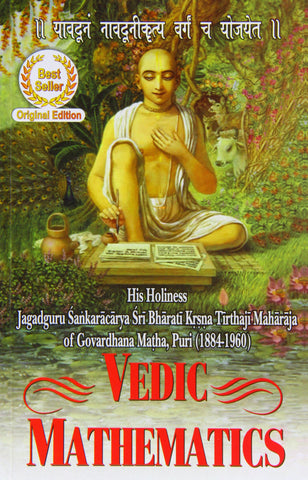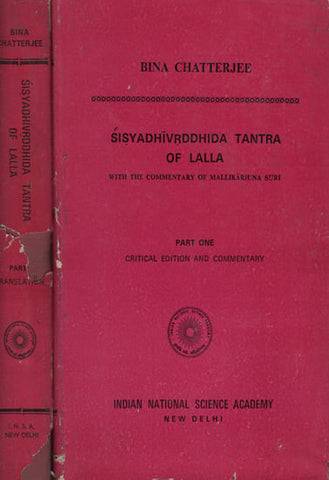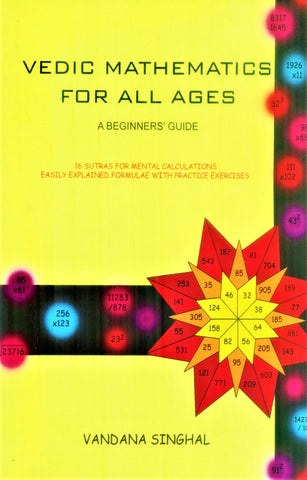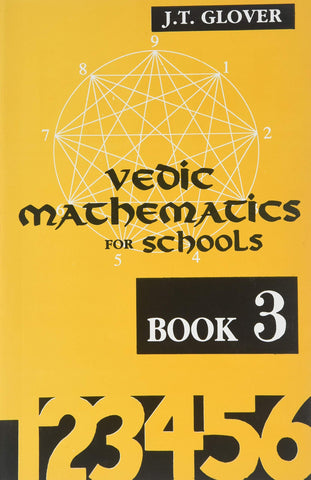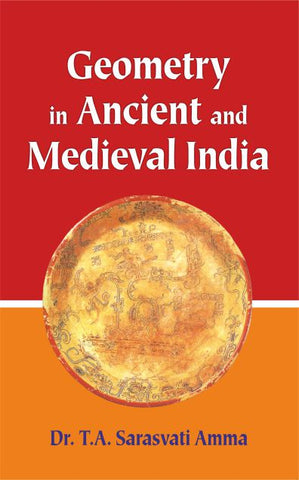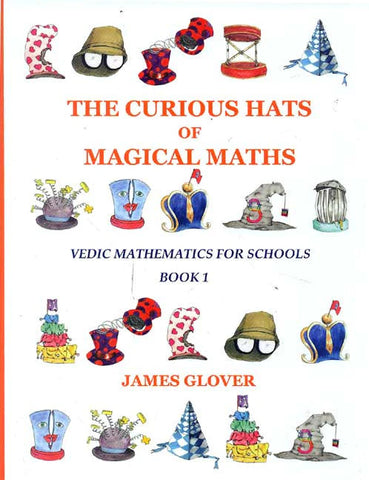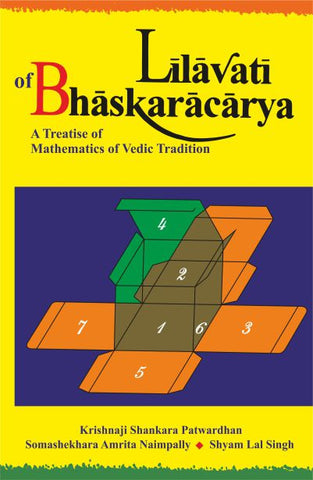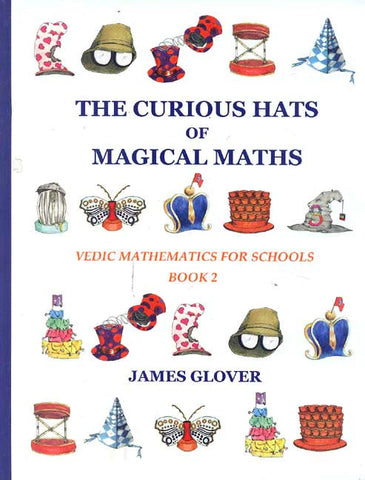Your cart is empty now.
A Text Book of B.Sc. Chemistry: for Major Course of Semester-I, Code-MJC1 (T)" by Dr. Indrajit Kumar is specifically tailored to meet the requirements of the Semester-I syllabus for B.Sc. Chemistry students, particularly those following a major course. This book serves as a foundational guide, offering an in-depth exploration of key topics that are fundamental to the study of Chemistry at the undergraduate level.
The book is likely divided into several major sections, covering topics from Physical Chemistry, Inorganic Chemistry, and Organic Chemistry, aligned with the Semester-I curriculum. Here’s a general outline of what you might find in this textbook, based on common university syllabi for first-semester Chemistry courses:
1. Physical Chemistry:
-
Atomic Structure:
- Historical development (Dalton, Thomson, Rutherford, Bohr, etc.).
- Quantum mechanical model of the atom, Schrödinger equation.
- Electron configurations, atomic orbitals, and quantum numbers.
-
States of Matter:
- Properties of gases: Ideal gas law, deviations from ideal behavior, Van der Waals equation.
- Liquids and solids: Properties, structure, and bonding in solids, phase transitions.
-
Thermodynamics:
- First law of thermodynamics: Internal energy, heat, work.
- Second law of thermodynamics: Entropy, spontaneity, and reversible processes.
- Enthalpy and heat capacities.
-
Equilibrium:
- Chemical equilibrium, Le Chatelier’s principle, equilibrium constant (K).
- Equilibria in gases, solutions, and solubility products.
-
Solution Chemistry:
- Colligative properties: Boiling point elevation, freezing point depression, osmotic pressure.
- Raoult’s law and deviations.
2. Inorganic Chemistry:
-
Periodic Table:
- Periodicity in properties such as atomic radius, ionization energy, electronegativity, etc.
- Modern periodic law and classification of elements.
-
Chemical Bonding:
- Ionic bonding, covalent bonding, and metallic bonding.
- VSEPR theory, hybridization, and molecular orbital theory.
-
Coordination Compounds:
- Ligands, coordination number, types of isomerism in coordination compounds.
- Crystal field theory and applications.
-
Acids and Bases:
- Bronsted-Lowry, Lewis definitions, and the concept of pH.
- Buffer solutions and their applications.
-
Qualitative Inorganic Analysis:
- Basic principles of qualitative analysis of common cations and anions.
- Methods of separation and identification of unknown substances.
3. Organic Chemistry:
-
Basic Principles of Organic Chemistry:
- Bonding in organic molecules: Covalent bonding, resonance, inductive and mesomeric effects.
- Types of isomerism: Structural isomerism, stereoisomerism (geometrical and optical).
-
Hydrocarbons:
- Alkanes, alkenes, alkynes: Nomenclature, properties, reactions, and mechanisms (addition, substitution, elimination).
- Aromatic hydrocarbons: Benzene, resonance structure, electrophilic substitution reactions.
-
Functional Groups and Their Reactions:
- Alcohols, phenols, aldehydes, ketones, carboxylic acids, and their derivatives.
- Reaction mechanisms (nucleophilic substitution, elimination, and electrophilic addition).
4. Laboratory Techniques and Practical Skills:
-
Basic Laboratory Techniques:
- Precautions while working with chemicals, proper use of laboratory apparatus, measuring devices, and solvents.
- Methods of purification such as filtration, distillation, crystallization, and sublimation.
-
Experiments on Physical Chemistry:
- Study of properties like surface tension, viscosity, boiling and freezing point, conductivity, etc.
- Determination of molecular weight by colligative properties.
-
Organic Chemistry Experiments:
- Preparation of common organic compounds (e.g., preparation of soap, esterification reactions, etc.).
- Identification of unknown organic compounds using basic tests.
-
Inorganic Chemistry Practical:
- Qualitative analysis of cations and anions in salts.
- Preparation and characterization of simple inorganic compounds.
5. Assessment Tools:
- The textbook likely includes objective questions, multiple-choice questions (MCQs), short-answer questions, and long-answer questions at the end of each chapter to help students prepare for exams.
- Solved Examples: These provide step-by-step solutions to reinforce the understanding of complex concepts.
- Unsolved Problems: These are included to encourage students to practice applying concepts on their own.
Features of the Book:
- Detailed Explanation of Concepts: The book is written in a clear and concise manner, with easy-to-understand language, making it suitable for both beginners and students with a moderate grasp of Chemistry.
- Illustrations and Diagrams: Diagrams, flowcharts, and tables are included to help visualize complex concepts, especially in reaction mechanisms, structures, and laboratory experiments.
- Real-Life Applications: Some sections might emphasize the practical applications of chemistry in everyday life, industry, and environmental science.
- Exam-Oriented Approach: Since this book is aimed at Semester-I, it is designed to be closely aligned with the exam syllabus, providing focused content that prepares students well for tests.
Audience:
This textbook is specifically designed for first-semester students pursuing a B.Sc. Chemistry (Major) course. It serves as an introductory guide, covering the basic and core topics of Chemistry that will be built upon in later semesters.
Delivery and Shipping Policy
- INTERNATIONAL SHIPPING
- Rs.1000-1100/kg
- ESTD. Delivery Time: 2-3 weeks (depending on location)
- Bubble Wrapped with Extra Padding
- NATIONAL SHIPPING
- NCR: Rs. 30/half kg
- Standard: Rs. 80/half kg
- Express shipments also available on Request
- ESTD. Delivery Time: Ranging from 1-4 days up to 7 business days (Depending on your choice of Delivery)
- TRACKING
- All orders; national or international, will be provided with a Tracking ID to check the status of their respective orders
- Depending on the Shipping Service, Tracking ID may be used on their respective tracking portals
Frequently Asked Questions (FAQs)
Domestic Shipping: 3-4 Days (after shipping)
International Shipping: 1-2 weeks (based on your location)
You will receive an email once your order has been shipped or you can email us if you didn't receive tracking details (info@mlbd.co.in)
Every book that we sell is the latest edition except all the rare books
Yes, we do provide free shipping, only on domestic orders (within India) above Rs.1500







